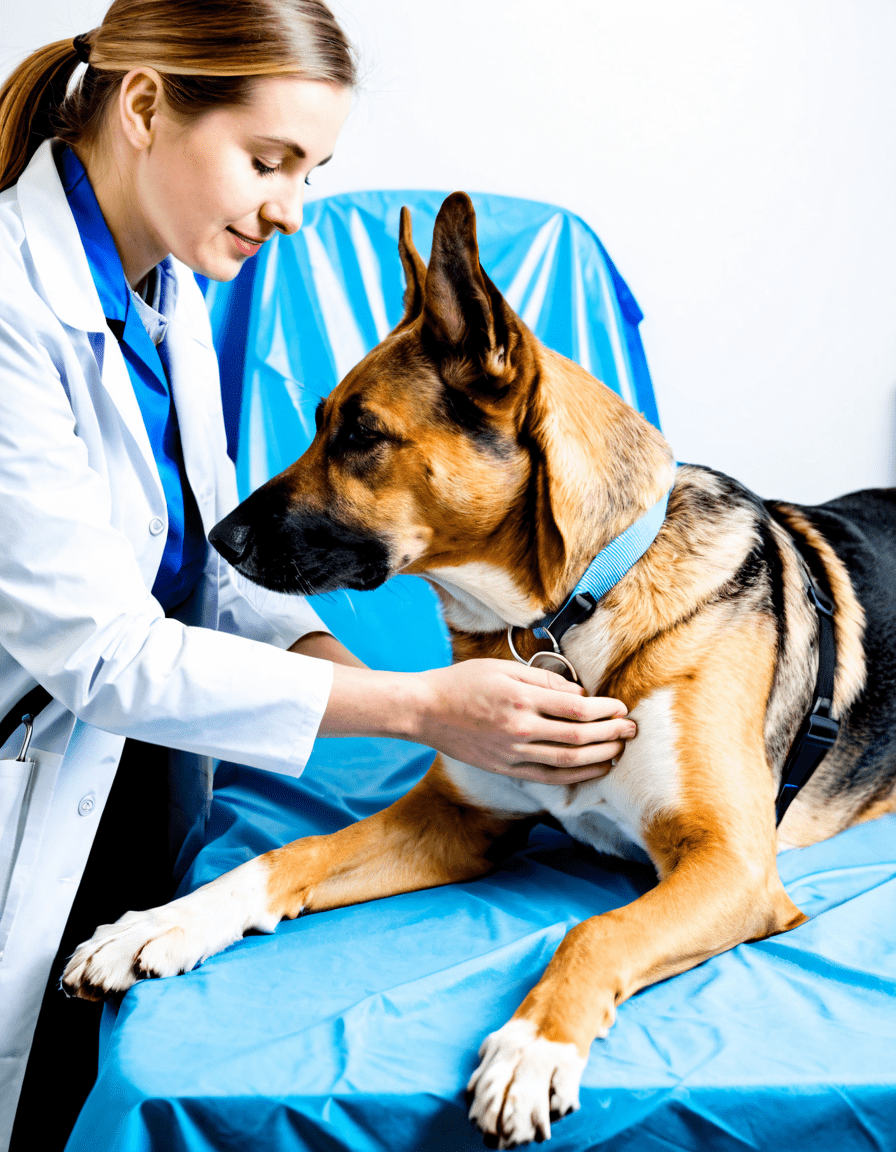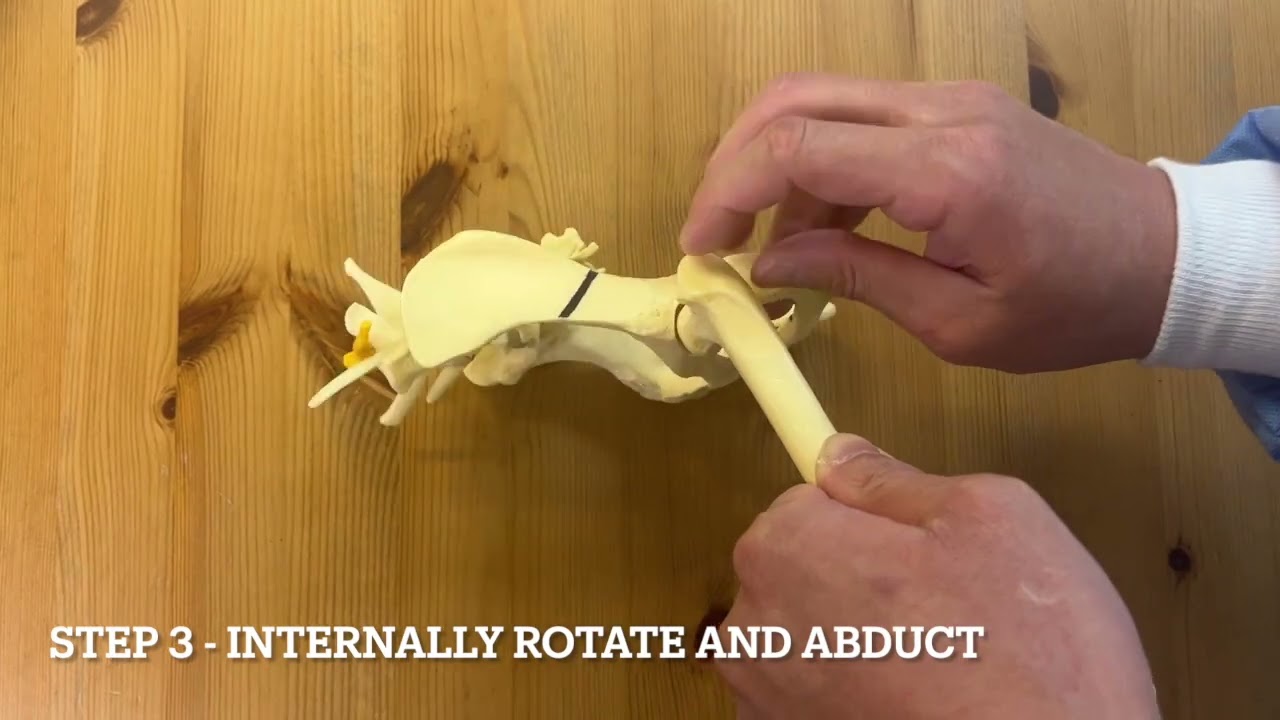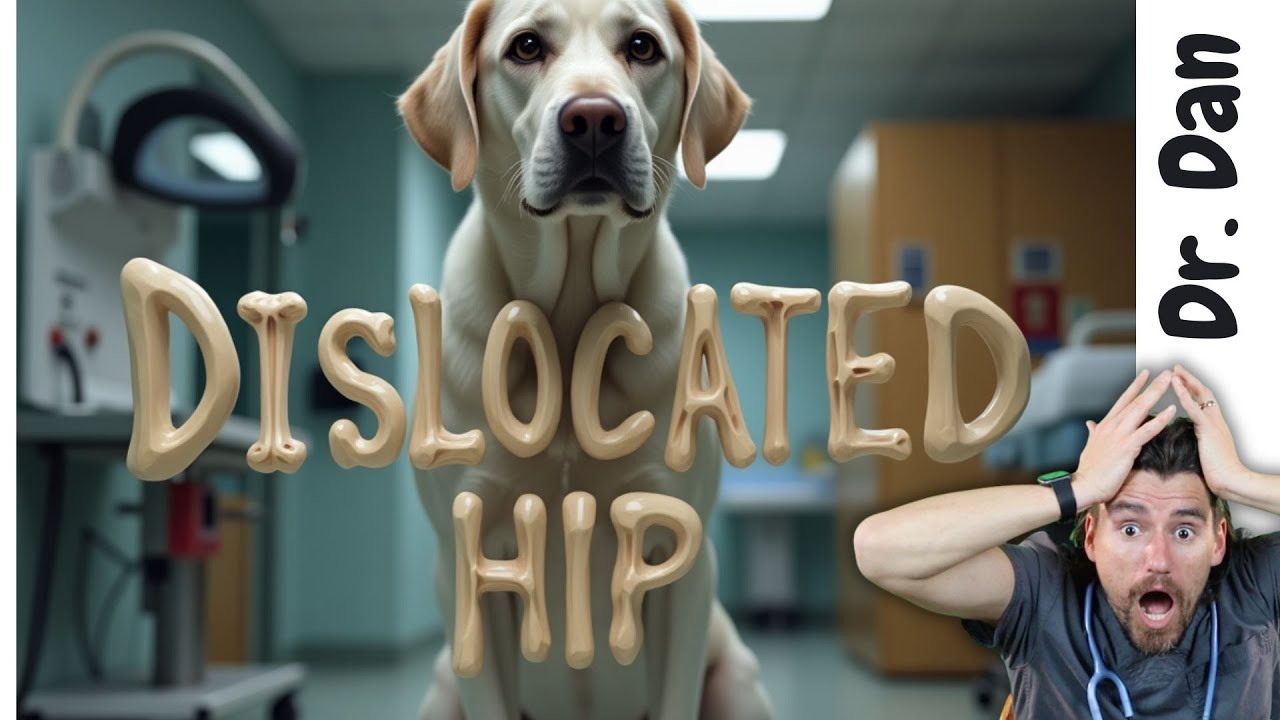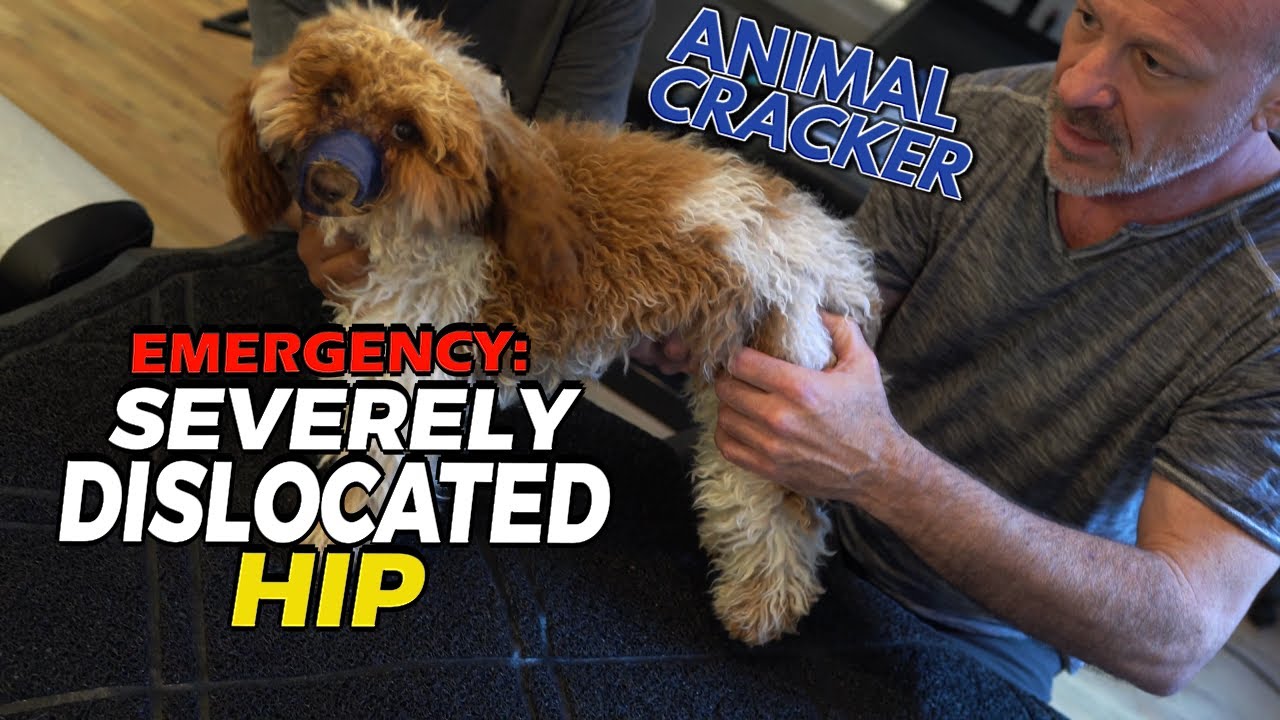Understanding that your dog might be suffering from a dislocated hip can be an alarming realization. A dog dislocated hip can lead to severe pain and long-term complications if not treated promptly. Whether your pup is a playful Labrador, an anxious rescue, or a sprightly mix, being able to recognize the symptoms is critical. In this article, we’ll help you identify the signs of a dislocated hip and explore effective treatment options for your furry friend.
Understanding Dog Dislocated Hip: Symptoms and Their Impact
A dog dislocated hip can seriously disrupt the normal functioning of a dog’s leg, leading to considerable pain and difficulty in mobility. The socket where the head of the femur connects to the pelvis can pop out of place due to an injury or accident, causing not only immediate pain but also potential long-term complications if left untreated. Pet owners must know the symptoms and impacts on overall health to provide the best possible care.

Top 7 Symptoms of a Dog Dislocated Hip You Should Not Ignore
One of the first noticeable signs of a dog dislocated hip is a distinct limp. Your dog may avoid putting weight on the affected leg, making simple tasks like going outside a challenge.
Monitor your dog’s reactions. Whimpering, barking, or a flinch when you touch the hip area can indicate severe discomfort. Your pup may show significant pain with more severe dislocations.
If you notice swelling near the hip joint, it’s a red flag. Increased inflammation can signal trauma, which may accompany a dislocated hip.
Dogs with a dislocated hip might stand with the affected leg held away from their body. If you see your pup adopting awkward stances, it’s crucial to consult a vet.
Watch for difficulty in moving the hind leg. If your dog struggles to extend or flex the leg, a dislocated hip may very well be the culprit.
Changes like withdrawal or increased aggression may indicate pain. If your energetic dog becomes disinterested in play or walks, it might be time for a vet visit.
In serious cases, you may notice an obvious deformity in the joint. If this occurs, don’t hesitate to seek veterinary help!
How Dog Dislocated Hip Affects the Medullary Canal of the Dog Leg
The medullary canal is essential for your dog’s bone structure. When a dog experiences a dislocated hip, it can have ripple effects on this area. Here’s how:
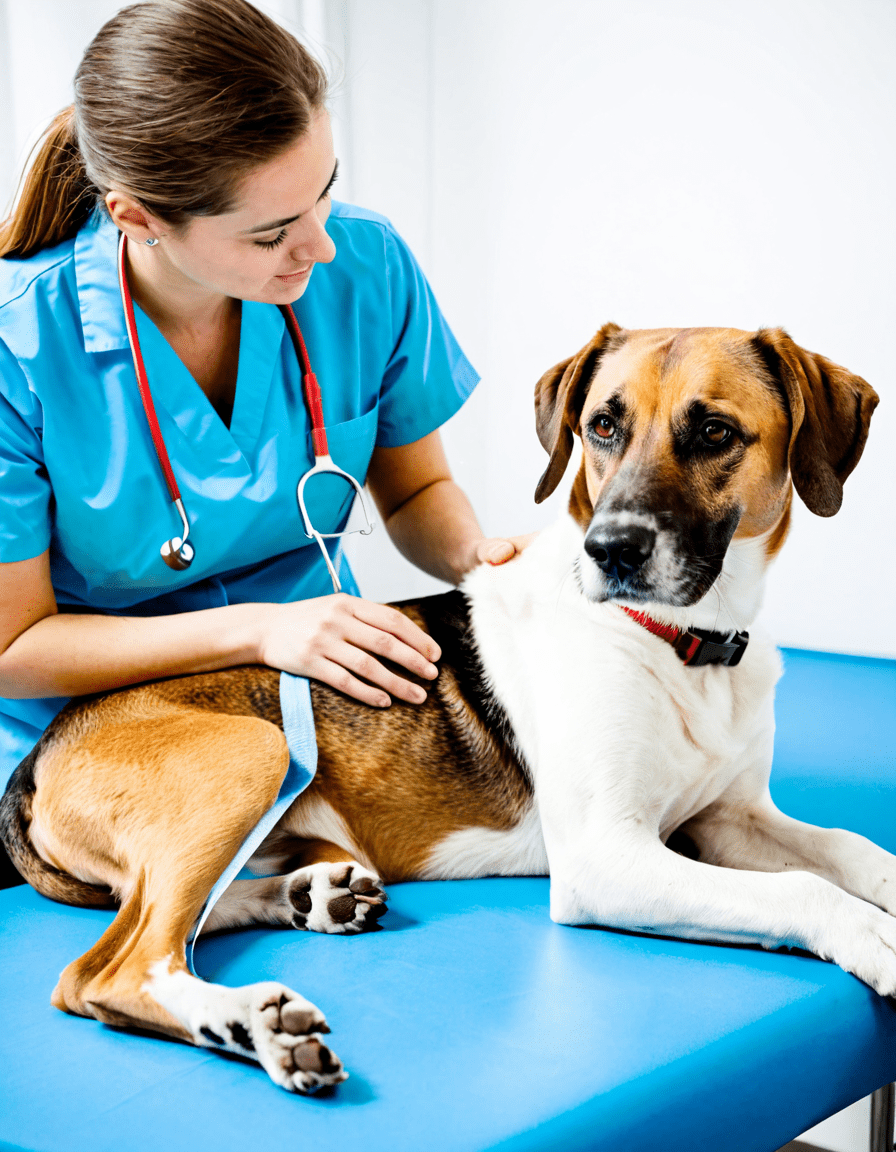
Effective Treatments for a Dog Dislocated Hip
When it comes to treating a dog dislocated hip, a multifaceted approach is often necessary. Here’s what veterinarians recommend:
Setting up an appointment with your vet is the first step. They will assess the dislocation’s severity through diagnostic tools such as X-rays, ensuring an accurate diagnosis.
If your dog is generally healthy and the dislocation is recent, a closed reduction procedure might be possible. This method involves the veterinarian manipulating the hip joint back into place without requiring surgery.
In severe cases or if fractures accompany the dislocation, surgical solutions are essential. Methods like hip arthroplasty or femoral head ostectomy (FHO) can be effective in pain management and restoring mobility.
Providing relief is crucial. Nonsteroidal anti-inflammatory drugs (NSAIDs) like Rimadyl or meloxicam play a significant role in managing discomfort during the recovery phase.
Physical therapy, including hydrotherapy, can help strengthen muscles around the hip joint. Guided exercises can be particularly beneficial for long-term recovery and mobility enhancement.
Slings or braces may be necessary to stabilize the hip during the healing process. These devices provide additional support and can prevent further injury while your dog recovers.
Finally, rest is vital for recovery. Limit your dog’s activity for several weeks while keeping an eye on any signs of complications or changes in behavior.
Ensuring Your Dog’s Well-being Post Injury
Recognizing a dog dislocated hip and understanding its symptoms empowers you to act swiftly and effectively. Regular vet check-ups can help identify issues early, especially for breeds predisposed to hip dysplasia, such as German Shepherds and Labrador Retrievers.
Staying informed about the health of your dog is a way to build a stronger bond. With awareness of the symptoms and treatment options, you’re equipped to make the best choices for your beloved pet. Whether it’s ensuring they receive timely medical care, understanding the complex relationship between their health and the medullary canal in the dog leg, or simply providing a comfortable healing environment, your proactive approach will help your furry friend return to their joyful, playful self in no time.
Taking the plunge into your pup’s health doesn’t just care for them; it strengthens your connection and ensures their well-being for years to come. So keep an eye out for those signs of a dislocated hip, and consult your veterinarian right away if you notice anything unusual. Together, you and your dog can navigate this bump in the road, leading to happier tails and wagging spirits!
Dog Dislocated Hip: Fun Facts and Trivia
Understanding Dog Dislocated Hip
Did you know that a dog’s hip is a ball-and-socket joint, much like ours? This allows for a range of motion that’s essential for activities like running and jumping. However, it also means there’s potential for dislocation, particularly in larger breeds or active pups. For instance, if you think about how Telvin Smith, a celebrated football player, tackles challenges through agility, your furry friend faces similar demands in their own playful endeavors.
But what does a dog dislocated hip look like? Look for symptoms like limping, difficulty sitting, or excessive licking around the hip area. Just like spotting a celebrity moment at an event like the Kim Kardashian met Gala 2025, recognizing these signs promptly can ensure your dog gets the treatment they need. If you observe these symptoms, consulting a veterinarian as soon as possible is key.
Treatment Options and Recovery
When it comes to treating a dog dislocated hip, your vet may suggest a few methods, including surgical options or physical therapy. An interesting tidbit: after surgery, some dogs recover remarkably quickly, demonstrating their resilience, much like how M Shadows of Avenged Sevenfold channels energy during high-energy performances.
During recovery, gentle exercise and physical therapy can work wonders. Just as you wouldn’t want to start running a marathon after sitting all day, dogs benefit from a controlled return to activity. Remember, that a good environment, such as a safe space like Fryman Canyon, can also help your dog feel comfortable while healing. And here’s a fun thought: Did you know that just like certain pets, miniature teacup mini cows also offer companionship? There’s something charming in all corners of the animal kingdom!
Keeping Your Dog Happy and Healthy
Preventing a dog dislocated hip is essential. Ensuring that your dog maintains a healthy weight can keep joints stress-free. Practical tips like regular exercise and nutritious food keep them in tip-top shape. Curious pet owners often ask, “Do Labrador Retrievers shed?” It’s a relevant question since a healthy coat can indicate overall well-being. If you’re keen to learn more pet care tips, don’t hesitate to check out resources about pet health and behavior.
In summary, recognizing dog dislocated hip symptoms early and implementing effective treatment can keep your furry friend happy and active. And while pondering your dog’s health, don’t forget to enjoy life’s small pleasures too, like indulging in something yummy yummy after a long day! Whether it’s a cuddle session or a fun outing, your dog will appreciate it!
